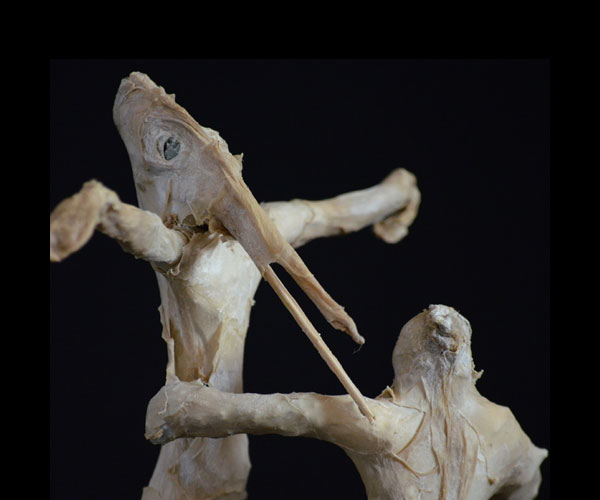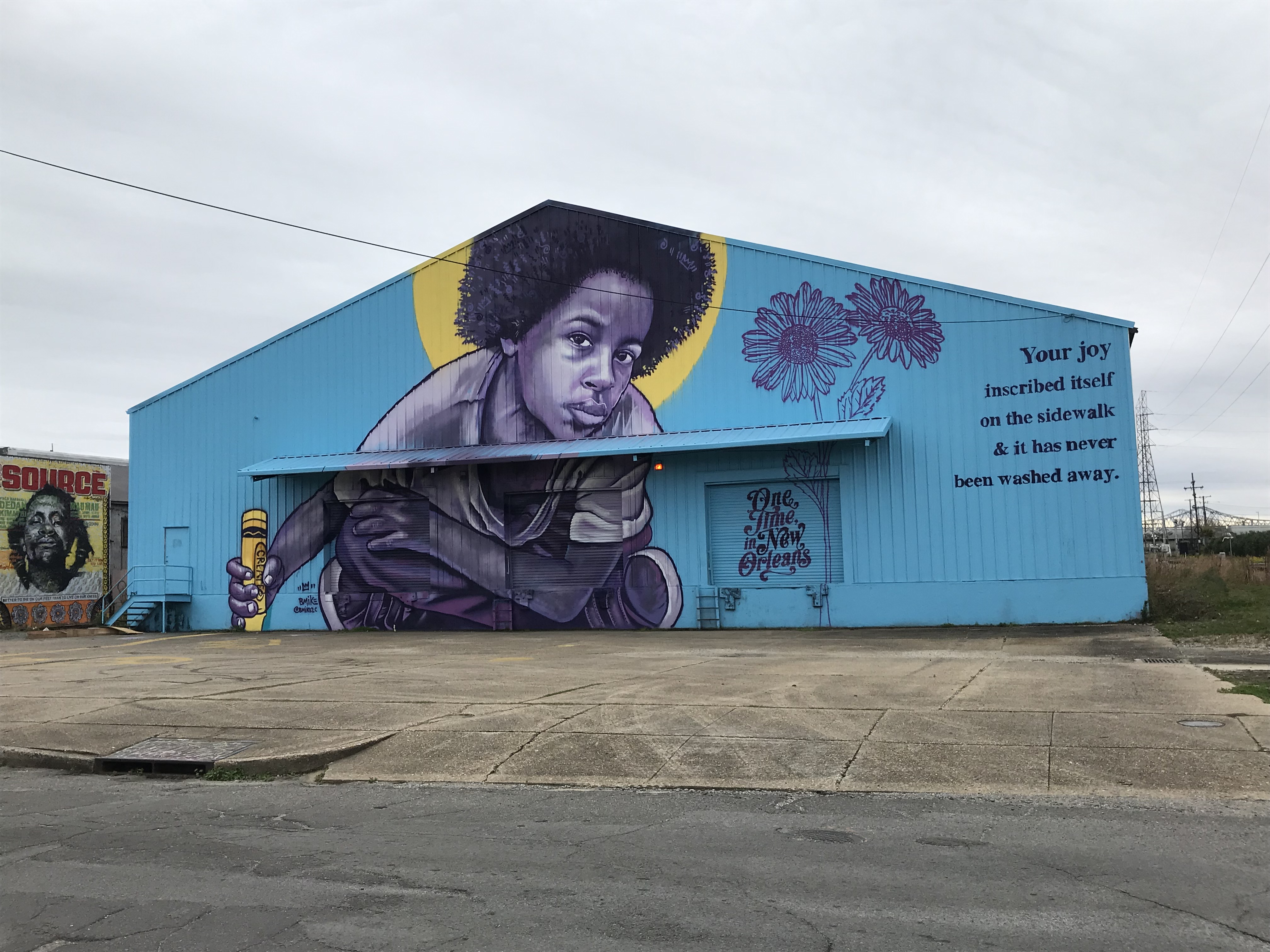As a lifetime democrat whose dad would turn over in his grave if he could read this — I’m done with you. Citizens of Minnesota,Oregon, New York, Maine, Washington and Vermont are risking their lives on the street against the fed’s personal goon squad, while all you beltway-brained dems can come up with is reform and retrain instead of abolish.
Quoting the New Republic “These are marauding, fascist thugs who enjoy terrorizing people. They’re in their dream job. They raid churches.They abduct people, children.They use children to abduct other people.They shot a woman in the face, murdered a 34 year old nurse, tear-gassed a car of children, dragged an elderly man in his underwear from his house in the freezing cold, detained a 5-year-old, used him to bait his parents, and then took them all away. ICE is not working alongside local enforcement which has at least ostensibly accepted fair policing as a standard.
You can’t retrain them. Or reform them: they already believe they are good citizens by fulfilling quotas from federal powers determined to stop white men from getting kicked off the throne by brown/black people, democrats and women.
Don’t congratulate yourselves for funding a terrible budget just because you gave ICE 2 weeks to agree to no masks, body cams, identification, and warrants to yank old men out of toilets. Oh, and wear a uniform.
None of this will work. ICE is not a responsible agency working along with local enforcement. It is a palace guard enforcing the will of want-to-be king laughing in your placid faces.
There’s only one solution: defund them. Period. Ally with the mayors and governors desperate to kick the goons out of their states and cities. The law cannot constrain them. Use the funds for a health system that isn’t killing us, for infrastructure, transportation ad nauseam.
And until you wake up, stop texting me for donations.
Riki Moss, South Burlington Vt




